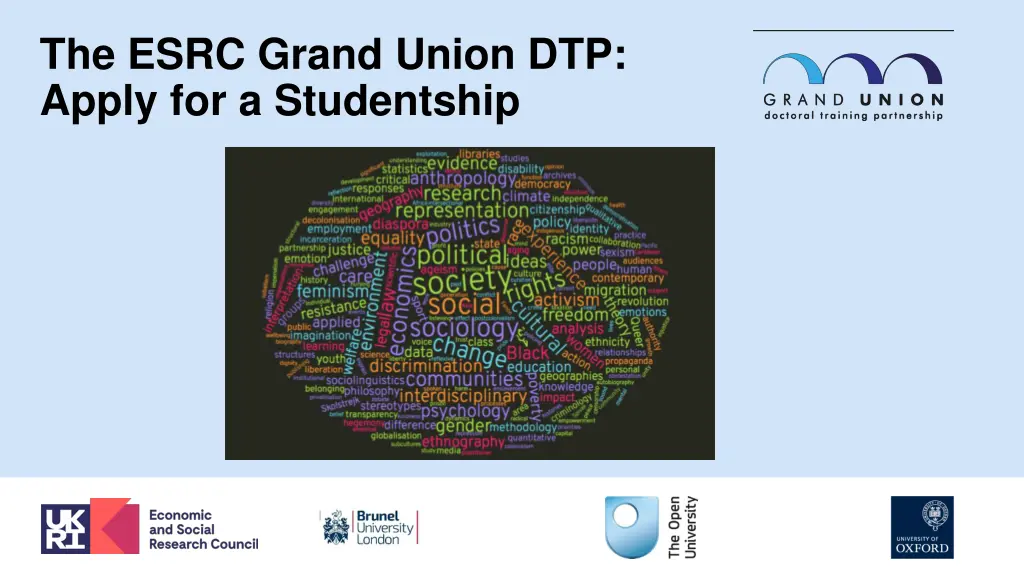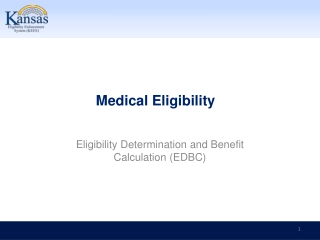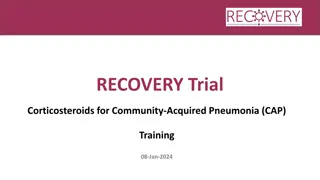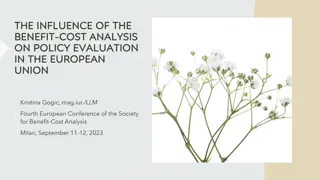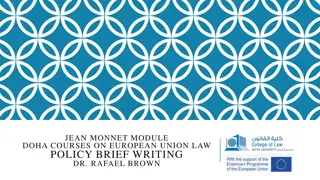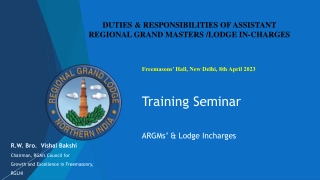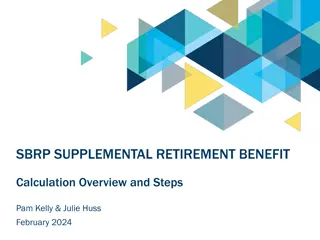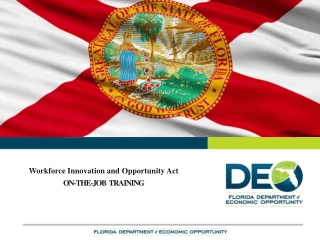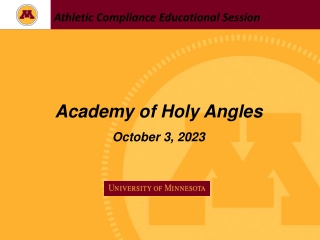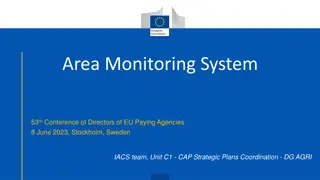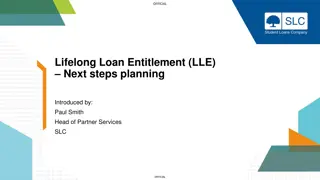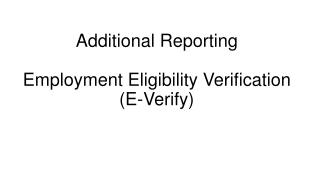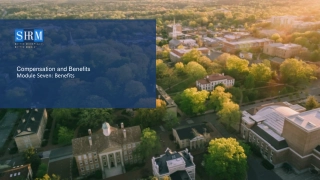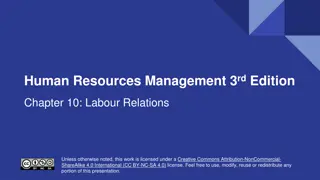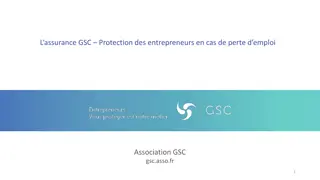ESRC Grand Union DTP Studentship: Benefits and Eligibility
Explore the ESRC Grand Union DTP for doctoral training partnerships. Learn about benefits, eligibility, structures, and widening participation in PGR research. Discover pathways, awards, and application assessments.
Download Presentation
Please find below an Image/Link to download the presentation.
The content on the website is provided AS IS for your information and personal use only. It may not be sold, licensed, or shared on other websites without obtaining consent from the author. Download presentation by click this link. If you encounter any issues during the download, it is possible that the publisher has removed the file from their server.
Presentation Transcript
The ESRC Grand Union DTP: Apply for a Studentship
Structure What is the GUDTP? What are the benefits of a GUDTP Studentship? Preparing an application? How will your application be assessed?
What is the Grand Union DTP? DTPs are the way the government funds doctoral training One of 15 ESRC Doctoral Training Partnerships (DTPs) GUDTP comprises 3 universities with complementary strengths 23 pathways 18 Oxford, 7 Open University, 2 Brunel Annually awards 40-45 ESRC Studentships More than a studentship placements, overseas institutional visits, training
Eligibility for an ESRC studentship Applications must be for study on an eligible course on of the 23 pathways Qualifications/experience equal to the standard undergraduate honours degree at a first or upper second class level from a UK research organisation Masters qualification is not a prerequisite for the award of a studentship from the Grand Union DTP Anyone can apply there are no residency or nationality restrictions for a full award (stipend & fees) But the DTP can only offer up to 30% of its awards each year to international students
Studentship Structures Part time or Full Time PhD (typically 3.5-year awards) or Masters + PhD (1+3.5 or 2+2.5 awards) No standalone Masters programmes, applicants must be intending to carry out doctoral research Some studentships ( Steer Awards ) are awarded for research specifically focusing on: Advanced Quantitative Methods Data Skills Interdisciplinary Research Collaborative Studentships projects advertised on the GUDTP website
Widening participation to PGR research We take your professional career profile into account, not just academic trajectory We assess the potential for doctoral research to have impact and promote knowledge exchange Part-time provision is available on all pathways We consider contextual information provided in your application Ring-fenced awards for Black or mixed Black British students
What does a studentship cover? A stipend ( 18,622 in 2023-24 for 12 months) and university tuition fees are covered. Placements all students must carry out a 3 month placement in academia, policy, business or a third sector organisation. Support for some research-related costs, e.g. fieldwork expenses, additional training, overseas institutional visits (OIVs). Opportunity to apply for support for student-led events and interdisciplinary initiatives. Access to an exclusive range of cohort activities, training and events. Not covered: Visa, health surcharge and travel costs for international students.
What makes a good research proposal? What do I (and others) already know about this topic? How can I draw on my own experience, expertise, and contacts? What do I need to know and why do I need to know this? What kind of data will answer my questions? Where can I find these data? How will I analyse this data? What kinds of evidence will this produce? Things to consider Which departments have expertise in the chosen research area? Who would be a suitable supervisor? Would a predefined or collaborative research topic be suitable?
and what about methods? Quantitative, qualitative, mixed methods, theoretical or library-based? What sources will you draw on? If sources: where these can be found, how they will contribute to your research, technical skills needed to work with them (e.g. language, use of specialist software) Focus: local, regional, national, international? How to secure your research sample? What practical challenges will there be? What are the ethical issues to consider? Do you do a pilot (almost always helpful for empirical research)
The application process DEADLINE for Autumn 2024 entry: December 2023 to January 2024 (check with your institution on exact date for your course) Complete and submit GUDTP application with your course application or as per specific institutional instructions. Your application will be assessed by your department and pathway leads. The strongest applications will be nominated to central studentship competition. Each nomination is independently read and reviewed by 6 assessors, with representation from all 3 partners and a range of expertise.
Selection criteria 1) Academic and professional background/experience 2) Aptitude, potential and contextual information 3) Quality of doctoral research proposal 4) Collaboration, impact and knowledge exchange
Questions welcome E-mail: Oxford: granduniondtp@socsci.ox.ac.uk Open University: Tim Hodey: Tim.Hodey@open.ac.uk Brunel University London: Emma Smith Emma.Smith@brunel.ac.uk Website: https://www.granduniondtp.ac.uk
